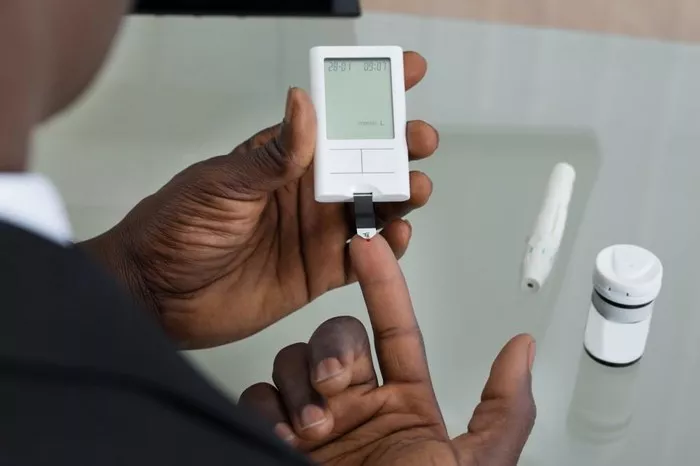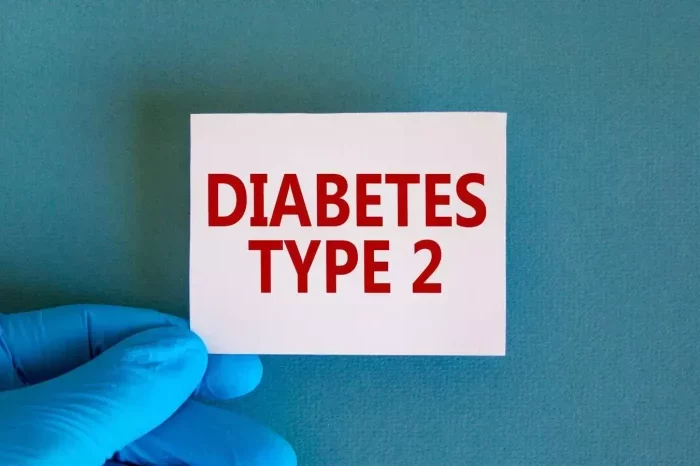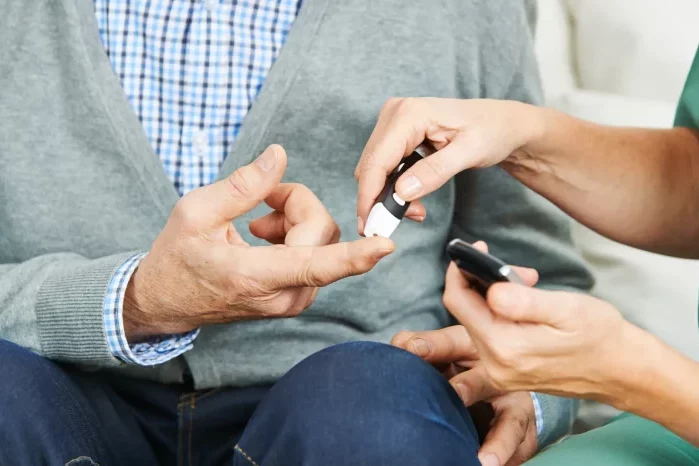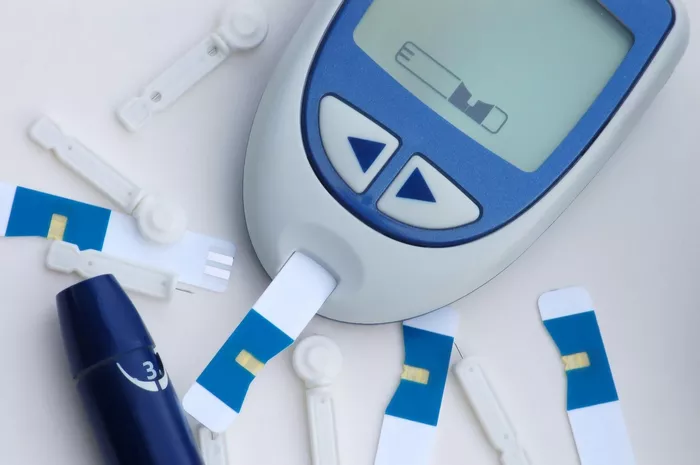In the intricate dance of diabetes management, one of the most critical steps is regular blood sugar testing. For individuals living with diabetes, monitoring blood sugar levels isn’t just a task—it’s a lifeline. By diligently tracking their glucose levels, individuals can gain valuable insights into their condition, make informed decisions about their health, and take proactive steps to manage their diabetes effectively.
The timing of blood sugar testing is influenced by a multitude of factors, each playing a crucial role in determining when and how often individuals should check their glucose levels. Factors such as the type of diabetes (type 1 or type 2), treatment regimen (insulin therapy or oral medications), individual health status, and lifestyle factors can all impact the timing of blood sugar testing. For example, individuals on insulin therapy may need to test more frequently than those on oral medications to monitor fluctuations in blood sugar levels.
General Recommendations for Blood Sugar Testing Timing
When it comes to blood sugar testing, timing is everything. Healthcare providers typically recommend testing at specific times throughout the day to capture different aspects of glucose metabolism. These general recommendations include testing:
Fasting: Before meals or in the morning before breakfast to establish baseline blood sugar levels.
Postprandial: After meals, usually 1 to 2 hours after eating, to assess the body’s response to food intake.
Before bedtime: To ensure blood sugar levels are stable before sleeping and to prevent nocturnal fluctuations that can impact overall glycemic control.
Importance of Timing for Blood Sugar Testing
The timing of blood sugar testing is crucial as it allows individuals to capture different aspects of glucose metabolism throughout the day. Testing at specific times provides valuable insights into fasting, postprandial, and overnight blood sugar levels, which are essential for optimizing diabetes management. By understanding how their body responds to food, individuals can make informed decisions about medication dosages, meal planning, and lifestyle modifications to achieve optimal glycemic control.
Target Blood Sugar Levels at Different Times of the Day
Healthcare providers often set target blood sugar ranges for fasting, postprandial, and bedtime readings to guide diabetes management. These targets may vary based on individualized treatment goals and recommendations. However, in general, maintaining blood sugar levels within target ranges helps minimize the risk of long-term complications associated with diabetes and promotes overall health and well-being.
Interpreting Blood Sugar Readings Based on Timing
Interpreting blood sugar readings obtained at different times of the day requires an understanding of how various factors influence glucose levels. Different readings may indicate fluctuations in glycemic control, such as postprandial hyperglycemia or hypoglycemia. By learning to interpret blood sugar readings effectively, individuals can make timely adjustments to their diabetes management strategies, ensuring optimal glycemic control and reducing the risk of complications.
Impact of Timing on Diabetes Management
The timing of blood sugar testing plays a significant role in diabetes management decisions, including medication dosages, meal planning, and lifestyle modifications. Consistently testing at specific times allows individuals to identify patterns and trends in their blood sugar levels, empowering them to make proactive changes to their diabetes management regimen. By optimizing testing timing, individuals can achieve better glycemic control and reduce the risk of complications associated with diabetes.
Tailoring Testing Timing to Individual Needs
Personalization is key when it comes to blood sugar testing schedules. Each individual’s diabetes journey is unique, influenced by personal preferences, lifestyle routines, and healthcare provider recommendations. By working closely with their healthcare team, individuals can establish personalized testing schedules that suit their needs and goals, ensuring they receive the support and guidance necessary to manage their diabetes effectively.
Utilizing Continuous Glucose Monitoring (CGM) Systems
Continuous glucose monitoring (CGM) systems offer a revolutionary approach to blood sugar monitoring by providing real-time data on glucose levels throughout the day. These systems offer insights into glucose trends and patterns, allowing individuals and healthcare providers to make more informed decisions about diabetes management. By harnessing the power of CGM technology, individuals can gain greater control over their diabetes and take proactive steps to optimize their glycemic control.
Conclusion
In the complex tapestry of diabetes management, blood sugar testing serves as a guiding light, illuminating the path towards optimal health and well-being. By understanding the importance of timing, interpreting readings effectively, and tailoring testing schedules to individual needs, individuals can take control of their diabetes and live life to the fullest. With continuous advancements in technology and the unwavering support of healthcare providers, the future of blood sugar testing holds promise for a brighter tomorrow for all those affected by diabetes.
Related Topics:
What Is Dangerous Glucose Level?



























